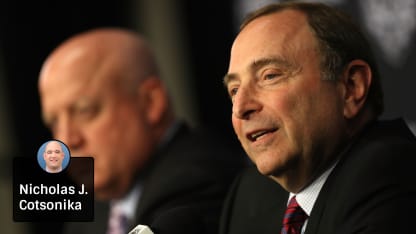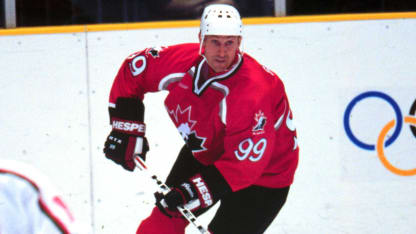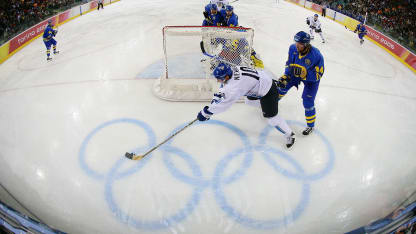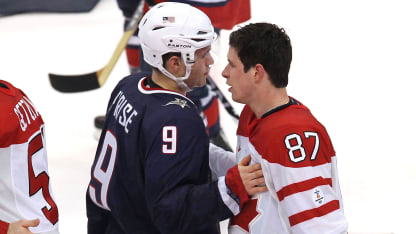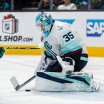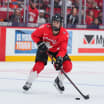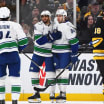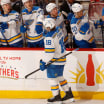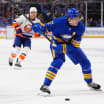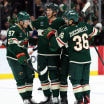When it comes to Olympic participation, the cost-benefit equation changes every four years.
Nagano was not a boon for the League or for hockey in general.
"The ultimate impact it had on the game worldwide was negligible," Commissioner Bettman said in December.
The 2006 Torino and 2014 Sochi Olympics weren't boons. The 2002 Salt Lake City and 2010 Vancouver Olympics were better -- each culminating in a gold-medal game between Canada and the United States on North American ice -- but weren't boons either.
"When you look at the Olympics in Salt Lake City and Vancouver, both in terms of location and the teams that went very far, it generated more interest, particularly in North America," Commissioner Bettman said in December. "In some of the other places, not as much."
So would the 2018 PyeongChang Olympics be a boon, considering the South Korean market and the time difference for North American TV viewers? If they would be, don't you think the NHL would go?
The Olympics are incredible because of the best-on-best format and the overall pageantry. The allure is so strong that the players want to provide their services for free, something they wouldn't do ordinarily. But that is a luxury they can afford because they are paid well to play in the NHL.
Hockey is not much different from, say, skiing or swimming. Die-hard fans love the sport the way they love it all the time. Casual fans get into it for a couple of weeks and then forget about it the week afterward. Did you follow Michael Phelps during the Summer Olympics? Do you follow his sport in between?
